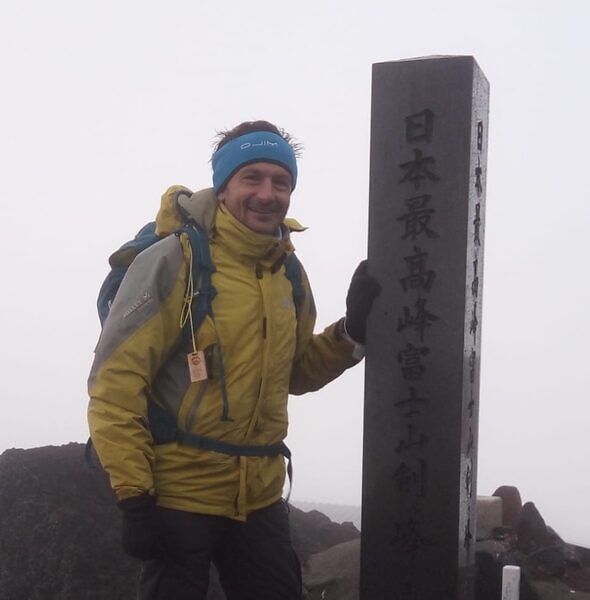Seminar: "Switching thermometry for dynamical investigations of thermal processes at nanoscale" by Dr. Maciej Zgirski

Date
Location
Description
Dr. Maciej Zgirski, Institute of Physics, Polish Academy of Sciences
Zoom info:
https://oist.zoom.us/j/94009708046?pwd=OTJsKzNobHBVaWxRMy94Q20yT3lQUT09&from=addon
Thermometry is a key in studies of thermodynamics - discipline investigating heat flows arising from difference in temperature between
two bodies. Investigations of thermal properties in nanoscale are much less common than corresponding electrical and magnetic studies.
Partially it is because of the lack of fast thermometers that would be able to trace thermal transients appearing when electrical circuit is
driven out of equilibrium due to, say, rapidly changing current responsible for Joule heating or photons absorbed in the bolometer.
Yet, a proper understanding of thermal processes (or more generally of the quasiparticle dynamics) is essential for failure-free functioning of
quantum circuits, involving design of nanoscale calorimeters and bolometers (with their intrinsic bandwidth set by the quasiparticles’
lifetime), and for improving the performance of qubits, microcoolers and single electron boxes suffering from the so called quasiparticle poisoning.
In the quest to measure temperature even faster I utilized the ability of current carrying superconducting weak link to instantaneously
switch from superconducting to normal state. The switching process is stochastic with the switching probability dependent on temperature and
testing current: the bridge probing protocol remains in the analogy with familiar experiment of tossing a coin.
The ease of integration, true nanometer size and simplicity make the thermometer a good working horse for exploring thermodynamics of low
temperature quantum circuits. The method can prove to be very attractive in determination of vanishingly small heat capacities and studying heat exchange mechanisms involving coupling electrons with phonons or photons, and real-time visualization of hot electron diffusion in nanostructures.
References:
1. M. Zgirski, M. Foltyn, A. Savin, A. Naumov, K. Norowski,
Heat Hunting in a Freezer: Direct Measurement of Quasiparticle Diffusion
in Superconducting Nanowire,
Phys. Rev. Applied 14, 044024 (2020)
2. M. Zgirski, M. Foltyn, A. Savin, K. Norowski,
Stochastic thermal feedback in switching measurements of superconducting
nanobridge caused by overheated electrons and phonons,
Phys. Rev. B 104, 014506 (2021)
3. M. Zgirski, M. Foltyn, A. Savin, K. Norowski,
Flipping-Coin Experiment to Study Switching in Josephson Junctions and
Superconducting Wires,
Phys. Rev. Applied 11, 054070 (2019)
4. M. Zgirski, M. Foltyn, A. Savin, K. Norowski, M. Meschke, J. Pekola,
Nanosecond Thermometry with Josephson Junctions,
Phys. Rev. Applied 10, 044068 (2018)
5. M. Foltyn, M. Zgirski,
Gambling with Superconducting Fluctuations,
Phys. Rev. Applied 4, 024002 (2015)
Attachments
Subscribe to the OIST Calendar: Right-click to download, then open in your calendar application.



